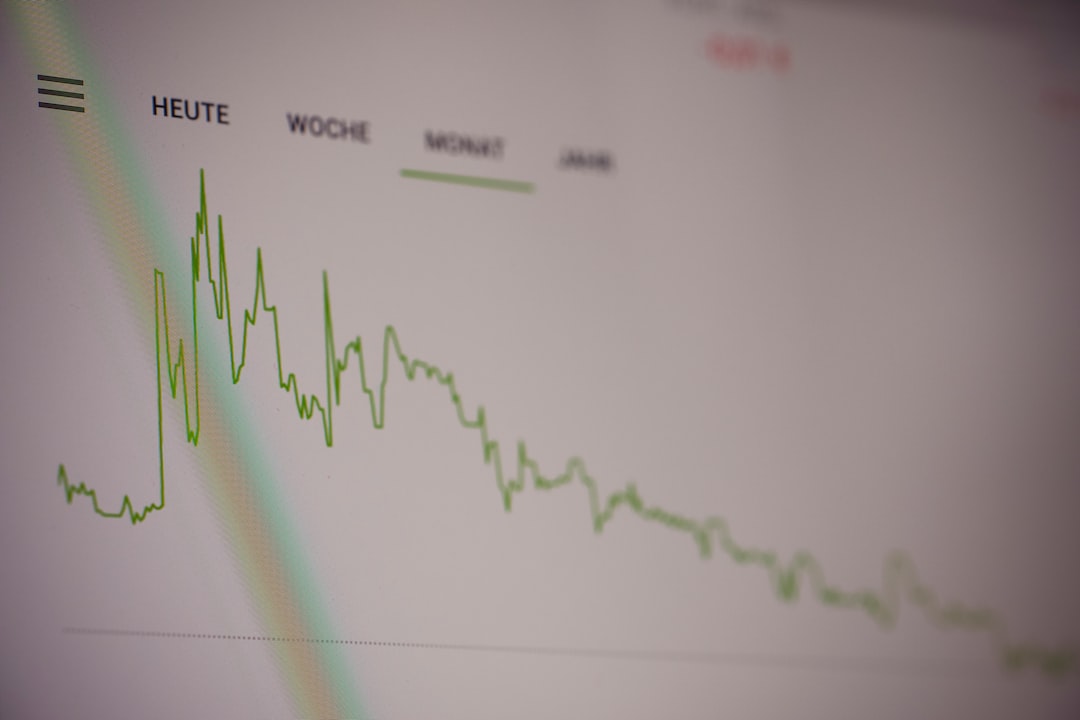Forex trading is one of the most popular financial markets in the world, with over $5.3 trillion traded daily. Forex trading involves the buying and selling of currencies, with the aim of making a profit from the fluctuations in their value. Leverage is a popular tool used in forex trading, which allows traders to increase their exposure to the market by borrowing funds from a broker. However, as with any investment, there is always a risk of losing money. In this article, we will explore who pays for losing leveraged forex trades.
Firstly, it is important to understand how leverage works in forex trading. Leverage is essentially borrowing money from a broker to increase the size of a trade. For example, if a trader has $1,000 and wants to trade $100,000, they can use leverage to borrow the remaining $99,000 from their broker. The amount of leverage a trader can use depends on the broker, but it can range from 1:2 to 1:500. This means that for every $1 a trader has, they can trade up to $500 in the market.
The benefit of using leverage is that it allows traders to make larger profits with a smaller initial investment. For example, if a trader makes a 1% profit on a $100,000 trade, they would make $1,000. However, if they use 1:100 leverage, they would only need to invest $1,000 of their own money, and they would still make the same profit of $1,000. This is because the broker is providing the rest of the funds needed for the trade.
However, the downside of using leverage is that it also increases the risk of losing money. If a trader makes a losing trade, they will still be responsible for repaying the borrowed funds to their broker. This is where the concept of margin comes in. Margin is the amount of money that a trader needs to have in their account to cover the potential losses of a leveraged trade. If a trader’s margin falls below a certain level, their broker will issue a margin call, which means they need to deposit more funds into their account to cover the losses.
If a trader is unable to meet the margin call, their broker will liquidate their positions to recover the funds. This means that the losing trade will be closed, and any losses will be deducted from the trader’s account. If the losses exceed the amount of funds in the trader’s account, the broker may pursue legal action to recover the funds.
In summary, the responsibility for paying for losing leveraged forex trades falls on the trader. The trader is responsible for repaying any borrowed funds to their broker, and any losses incurred from a leveraged trade will be deducted from the trader’s account. It is important for traders to have a solid understanding of leverage and margin, and to only trade with funds they can afford to lose. It is also important to choose a reputable broker and to have a risk management strategy in place to minimize potential losses. By doing so, traders can participate in the forex market with confidence and increase their chances of making a profit.






